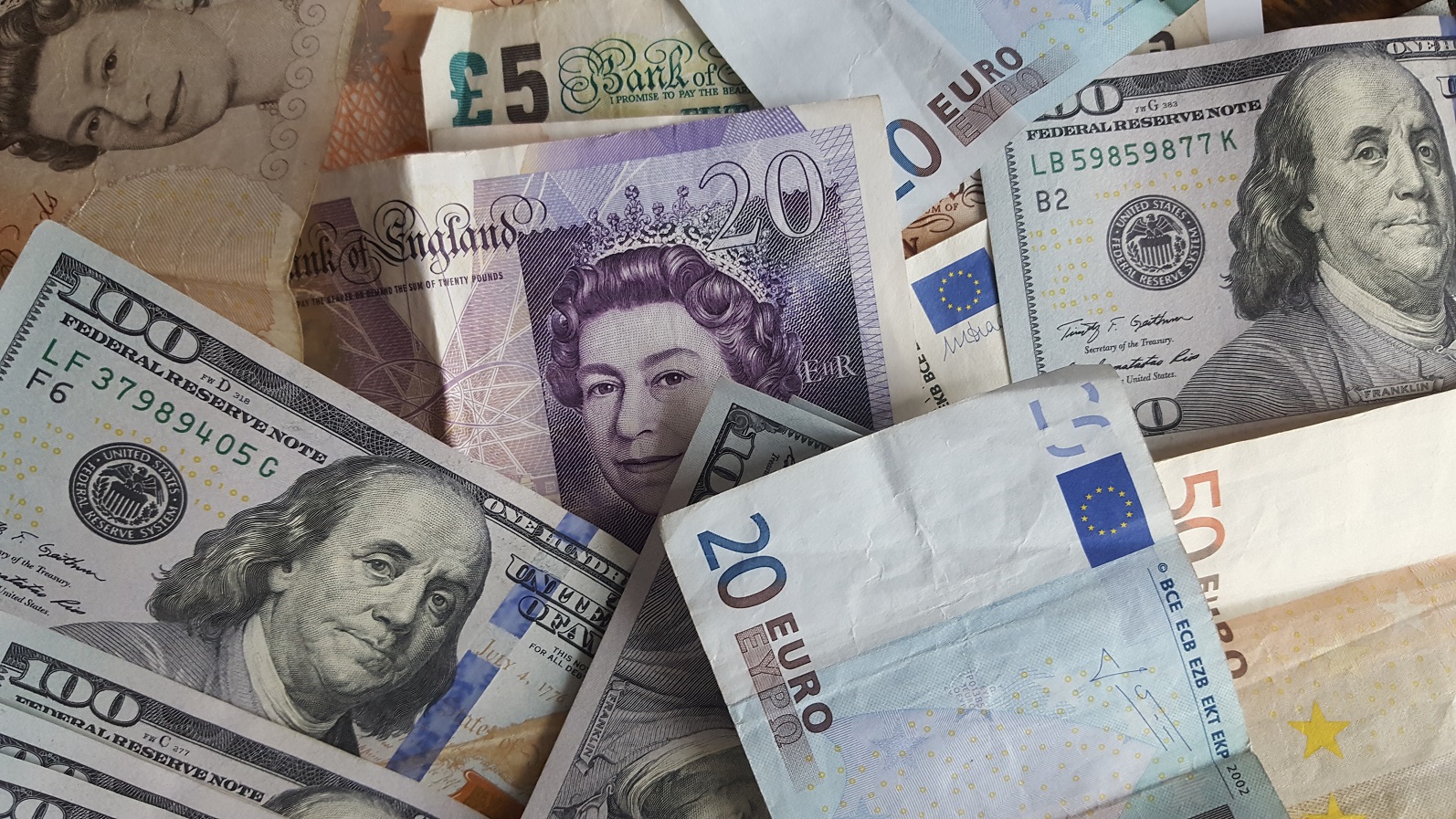By Ayoub Almadani*
“Another three minutes until impact”, Ammar said with a calm smile on his face. “But don’t worry. If the . . .[restrict]Scud missile hits us, we shall die very quickly. You won’t have time to feel anything.”
Ammar is a bearded 18-year-old rebel. He had received a warning message through Skype from a fellow resistance fighter in Damascus informing him about the launch of a Scud missile towards the north.
On the way from Ammar’s humble place to the Friday prayers in the northern town of Azaz in Aleppo region, we picked up his friend Wesam, also wearing a beard – very long for his tender age of 16. The three of us arrived at Salama mosque after a very bumpy ride on Ammar’s run-down motorcycle. Entering the mosque with mixed feelings, I noticed the dominant presence of young men with long beards staring at me – probably because I was not a familiar face in this little town. After those three minutes, however, this worried me less than before. The Scud missile never showed up.
Knowing that Friday prayers are a popular target for Assad’s air force, I still tried to concentrate on the words of the young Imam. “They abandoned us”, he said. “The Muslim countries, the Arabs, the East and West. We begged them for help and they abandoned us. Now that victory is close, they come to tell us what we should do?! Ha! – Don’t ask anyone but Allah, he is with us and will stay with us. This is our holy war. The war of Bilad Alshaam. We will defeat Al Assad and all of our enemies if we keep our strong belief in Allah…”
Suddenly I believed to hear the sound of an approaching helicopter. I looked around to see the reaction of the other praying men. They all stayed calm and continued listening to the euphorically shouting young Imam. After a couple of minutes full of tension, I realized that it was the sound of an electric generator. Afterwards, a short chat with the men made me realize how religious they really are. Their belief in a holy war is their fuel to survive and continue fighting.
As an outsider, a stranger to their situation, I noticed the trauma caused by the turbulent and sometimes terrible events the people here had to live through: First the aggression of Assad’s security forces, their shooting on unarmed protesters, arbitrary arrests and the brutal torture some opposition activists had to undergo. Later the shelling and bombing raids by Assad’s air force. Severe destruction around every corner. The delay of international actions, the frustration of constantly hoping and then being disappointed again. The trepidation about an uncertain future. In Azaz every household has its dead relatives or friends.
I noticed a general lack of any vision for the future. Adding to the confusion are the varying motives of the rebels. In the northern part at least, the Salafists are the dominating force leading the show: Their goal is an Islamic state, applying Sharia and strict Sunna. These and many other factors make the situation on the ground in Syria more complex than in any other ‘Arab Spring’ revolution.
Later, we visited a part of town known by locals as the ‘tank cemetery’. The traces of tank chains on the roads and the destroyed buildings everywhere tell the story of a bloody liberation fight. In a school used by the rebels as a base we find olive green wooden boxes containing heavy mortar bombs. The writing on them said “Tripoli/Bengazi” and “SPLAJ”. This was the first evidence for me as a Libyan that my country is supporting the Syrian revolution. Shortly after that, another bomb explodes in the distance while we’re waiting for a kebab. I look at Ammar, he just smiles back and pays the cashier.
Less then one kilometer outside of Azaz, we find a nice hill with olive trees and flowers making for a beautifull scenery. One could think we were in the Italian Toscana – until another bomb explodes. Ammar explains that this was at the heavily fought over military airport of Minnakh, and then goes back to telling me about his 17 brothers and sisters. Two brothers, currently living in Germany, visited him just last month on a humanitarian mission.
When we arrive back at his place, we suddenly hear a huge explosion, unmatched by all previous ones. Was this the Scud missile we were waiting for earlier? No one can really tell.
* The author is a Libyan student abroad and went on a humanitarian mission to rebel-held areas in northern Syria. [/restrict]



